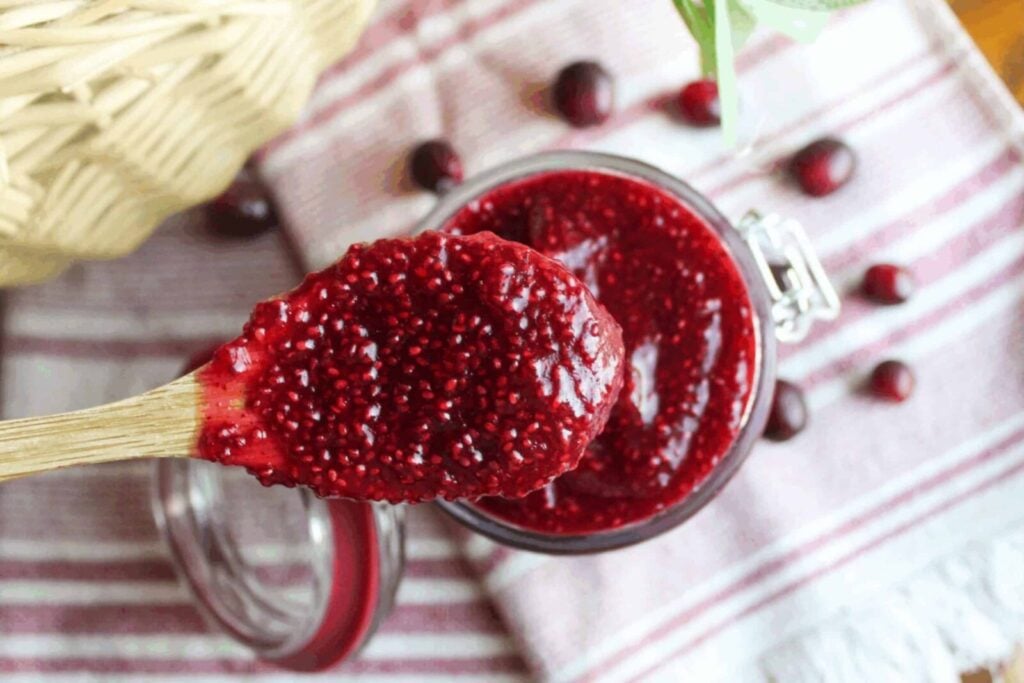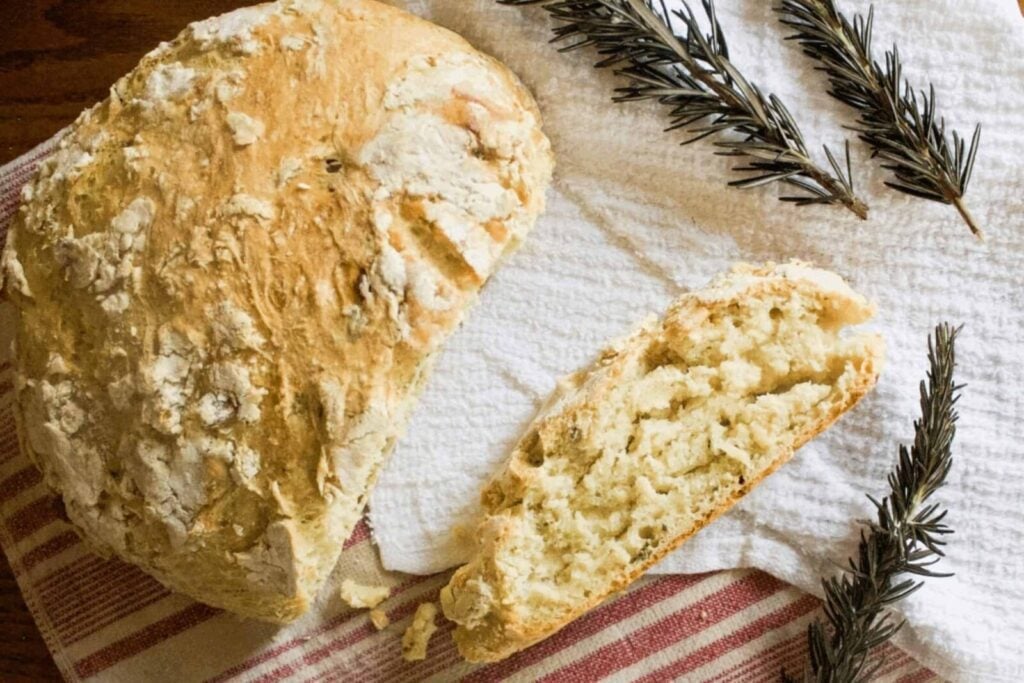In a world where convenience often trumps tradition, there’s a growing appreciation for old-fashioned homemaking skills. These timeless abilities not only provide self-sufficiency but also bring a deeper connection to our homes and the food we eat. Here are six essential old-fashioned homemaking skills every wife should learn.
Disclosure: This post may contain affiliate links. That means I may earn a small commission if you purchase through them, at no additional cost to you.
1. Cooking from Scratch

Cooking from scratch is the cornerstone of old-fashioned homemaking. It involves preparing meals using basic, whole ingredients rather than relying on pre-packaged or processed foods. Not only does this ensure healthier, more nutritious meals, but it also allows for greater control over what goes into your food.
Why Learn It?
- Health Benefits: Fewer preservatives and additives.
- Cost-Effective: Bulk ingredients can be cheaper than pre-packaged meals.
- Skill Development: Enhances cooking skills and knowledge of ingredients.
- Homemade Snacks: Instead of buying snacks for your kids, make them at home. Snacks like homemade cheese crackers, fresh seasonal fruit treats, homemade yogurt in the Instant Pot, and even aged cheese and salami are all affordable and easy to make for kids of all ages. These homemade options are healthier, more economical, and often tastier.
Getting Started:
- Learn Basic Techniques: Start with fundamental cooking methods like roasting, boiling, and sautéing.
- Stock a Pantry: Keep essential staples like flour, sugar, spices, and oils.
- Experiment with Recipes: Gradually try more complex dishes as your confidence grows.
Basic Kitchen Staples:
2. Making Household Cleaners, Skincare, and Herbal Medicine from Scratch

In addition to raising chickens, mastering the art of making household cleaners, skincare products, and herbal medicine from scratch is a hallmark of old-fashioned homemaking. These skills not only contribute to a healthier home environment but also reduce dependency on commercial products filled with chemicals. Here’s why and how to delve into these practices:
Why Learn It?
- Health and Environmental Benefits: Homemade cleaners and skincare products often contain fewer harmful chemicals, promoting a safer home environment.
- Cost-Effectiveness: Making your own cleaners, skincare, and herbal remedies can save money compared to buying commercial products of the same quality.
- Personalization: You can tailor products to suit your family’s specific needs and preferences.
- Sustainability: Reduce plastic waste and support sustainable practices by using reusable containers and locally sourced ingredients.
Getting Started:
- Household Cleaners: Create non-toxic cleaners using simple ingredients like vinegar, baking soda, and essential oils. For example, vinegar diluted with water and infused with citrus peels makes a versatile all-purpose cleaner. (Find my recipe HERE).
- Skincare Products: Experiment with natural ingredients like coconut oil, shea butter, and essential oils to craft moisturizers, lip balms, and facial cleansers. These can be customized based on skin type and preferences.
- Herbal Medicine: Learn to make herbal tinctures, teas, and salves using medicinal herbs. Purchase herbs in bulk online or grow them in your garden for a sustainable supply.
Tools to consider:
Shea Butter and Beeswax
3. Raising Chickens

Raising chickens is a rewarding and practical skill that provides fresh eggs and, if desired, meat. It’s a step towards self-sufficiency and a great way to understand where your food comes from.
Why Learn It?
- Fresh Eggs: Home-raised eggs are often tastier and more nutritious.
- Pest Control: Chickens help control insects in your garden.
- Educational: Teaches responsibility and animal care.
Getting Started:
- Research Breeds: Choose breeds that are suited to your climate and needs.
- Build a Coop: Ensure you have a secure and comfortable living space for your chickens.
- Learn Chicken Care: Understand their feeding, health care, and general maintenance.
- Feed Efficiently: Instead of buying chicken feed, let your chickens free range 100%. Supplement their diet with kitchen scraps and, if needed, fermented lentils. This approach not only saves money but also makes your eggs essentially free.
- Find Affordable Coops: Look for cheap or free used coops on Facebook Marketplace or other local classifieds. Many people sell or give away coops when they no longer keep chickens, providing an economical way to start your flock.
Beginner Homestead Items:
4. Growing a Garden
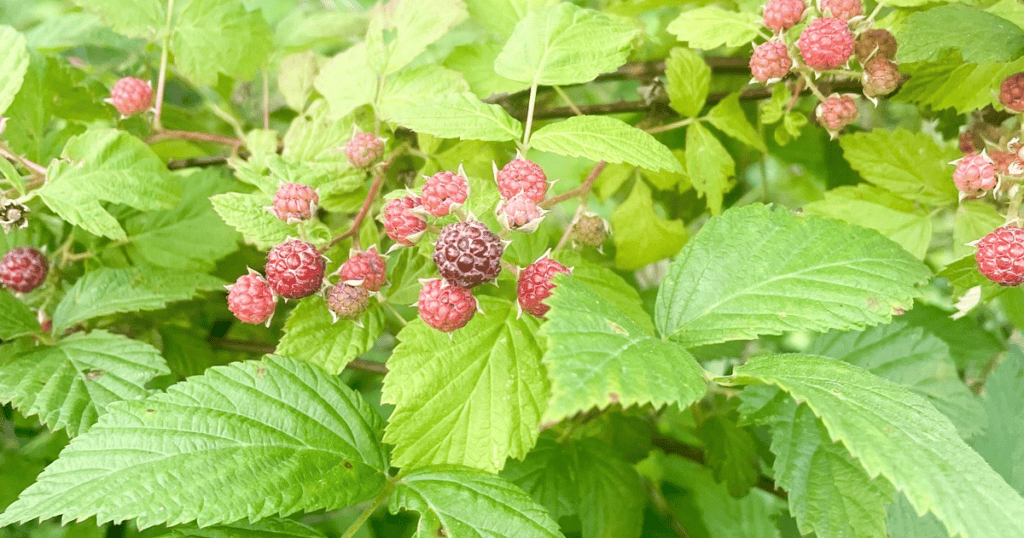
Gardening is both an art and a science. Growing your own fruits, vegetables, and herbs not only provides fresh produce but also a therapeutic hobby that connects you to nature.
Why Learn It?
- Fresh Produce: Enjoy homegrown, pesticide-free fruits and vegetables.
- Cost Savings: Reduces grocery bills.
- Sustainability: Promotes self-reliance and reduces carbon footprint.
Getting Started:
- Start Seeds Indoors: Begin your plants from seeds indoors to extend your growing season. This allows you to get a head start on your garden and transplant strong seedlings when the weather warms up.
- Test Soil Quality: Conduct soil tests through your local university extension office to understand your soil’s health and nutrient needs. This ensures your garden is set up for optimal growth.
- Invest in Fruit Trees: Buy fruit trees whenever you can afford them. They take years to produce, so the sooner you plant them, the sooner you’ll reap the benefits.
- Plant Berries: Purchase raspberry and blueberry plants, as they will produce within a year, offering a quicker return on your investment.
Garden Tools:
- Shovel, Trowel, Rake, and Hoe
- Watering Hose, Watering Can
- Seed Trays, Pots, and Grow Lights
- Compost Bin
5. Canning and Preserving
Canning and preserving are time-honored methods of extending the life of your garden produce. These skills ensure you can enjoy the fruits of your labor throughout the year, even when certain foods are out of season.
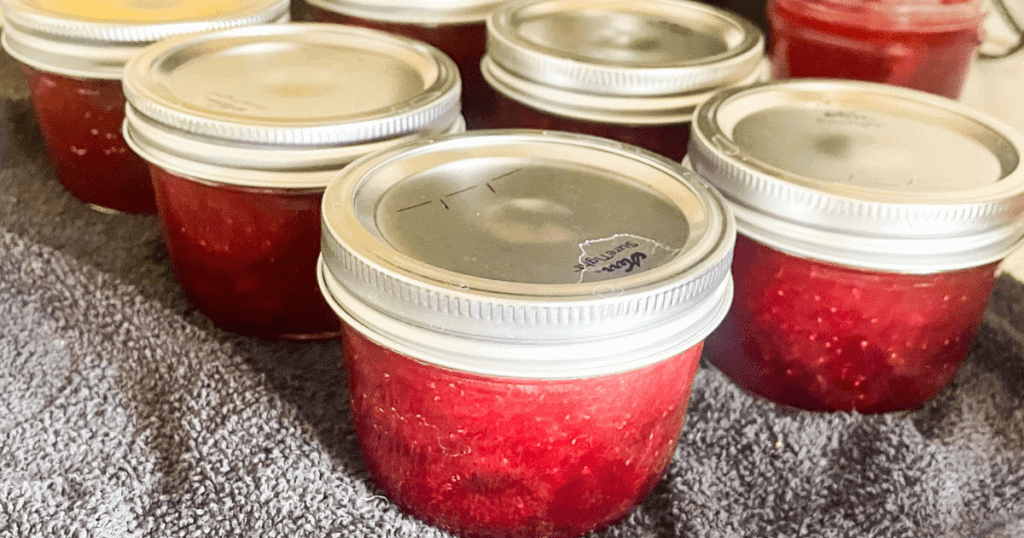
Why Learn It?
- Reduce Waste: Preserve excess produce rather than letting it go to waste.
- Save Money: Store-bought preserves can be expensive.
- Control Ingredients: Avoid additives and preservatives found in commercial products.
- Dehydrating: Invest in a dehydrator for around $100. Dehydrating fruits, vegetables, and herbs makes them shelf-stable and extends their usability.
Getting Started:
- Gather Supplies: Invest in jars, lids, and a large pot or pressure canner.
- Learn Methods: Understand the difference between water bath canning (for high-acid foods) and pressure canning (for low-acid foods). Learn dehydrating techniques for various types of produce.
- Follow Recipes: Start with simple recipes like jams, pickles, and tomato sauce. Dehydrate easy items like apples, tomatoes, and herbs.
- Supplement Your Garden: If your garden doesn’t produce enough, buy cheap produce from local Amish and Mennonite stores. Their high-quality, affordable produce can be preserved for year-round use.
Canning Essentials:
Electric Canner (pressure can and waterbath all in one)
6. Foraging
The ability to stretch your grocery bill is an invaluable skill, especially during tough economic times. This involves smart shopping, meal planning, reducing waste, and even foraging to make the most of every dollar spent.
Why Learn It?
- Financial Savings: Helps manage tight budgets effectively.
- Resourcefulness: Encourages creative cooking and minimal waste.
- Preparedness: Builds resilience against economic fluctuations.
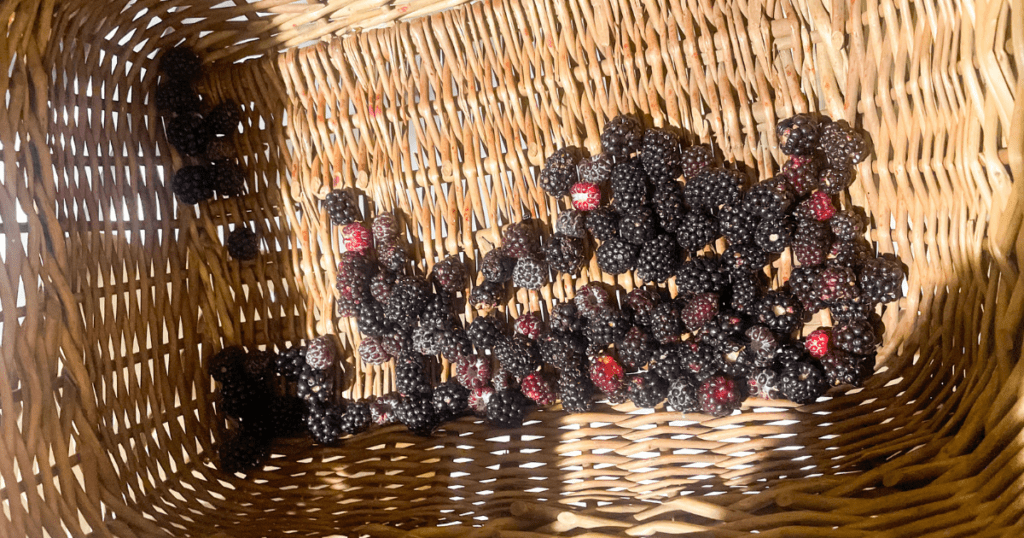
Getting Started:
- Plan Meals: Create weekly meal plans based on sales and seasonal produce.
- Buy in Bulk: Purchase non-perishable items in bulk to save money.
- Reduce Food Waste: Implement strategies to ensure every bit of food is used efficiently.
- Foraging: Learn to identify and responsibly gather wild edible plants and mushrooms in your area. This can supplement your meals with nutritious additions at little to no cost.
Foraging Tips:
- Research and Safety: Educate yourself on local edible plants and mushrooms. Use reliable field guides or join local foraging groups to learn from experienced foragers.
- Start Small: Begin with easily recognizable plants like dandelion greens, wild berries, or common mushrooms such as morels (if available in your area).
- Responsible Foraging: Always forage responsibly, respecting local regulations and ecosystems. Never over-harvest and be cautious of poisonous look-alikes.
- Incorporate Into Cooking: Incorporate foraged foods into your meals. For example, use wild greens in salads or stir-fries, or incorporate wild berries into desserts or preserves.
Embracing Old-Fashioned Homemaking Skills
Learning and mastering these old-fashioned homemaking skills not only empowers you but also brings a sense of satisfaction and accomplishment. Whether you’re cooking a meal from scratch, collecting fresh eggs, harvesting garden produce, making homemade cleaners and skincare products, foraging, preserving your bounty, or stretching your grocery budget, these skills contribute to a fulfilling and self-sufficient lifestyle. Embrace the journey and enjoy the many benefits that come with these timeless practices.
Hi, I’m Ashley — mama, maker, and lover of all things from-scratch. Around here, you’ll usually find me barefoot in the kitchen, covered in flour or beeswax, with kids underfoot and something simmering on the stove. I believe in slow living, simple joys, and the kind of home that smells like cinnamon rolls and sunshine. Find out more about me here.


